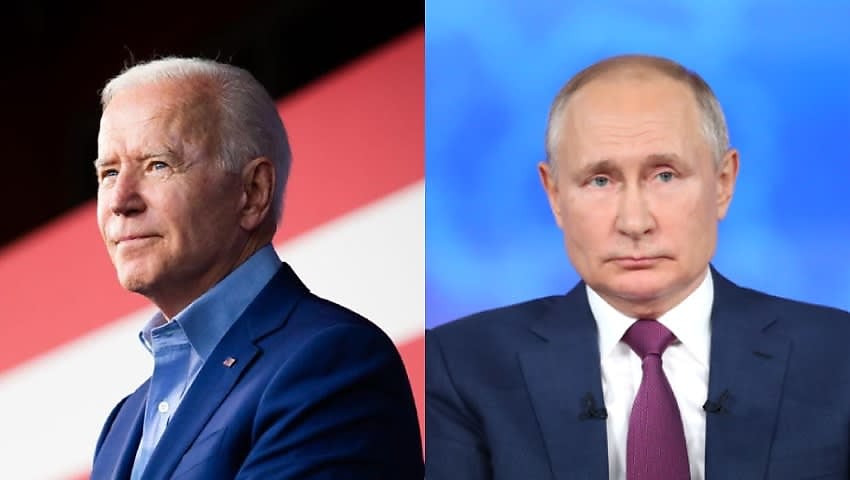While many call for Ukraine, Russia and the United States to join the negotiating table, experts from the RAND Corporation have warned that embarking on the diplomatic avenue too soon would result in sub-optimal results for the West.
In a blog post for the RAND Corporation this week, Raphael Cohen — director, strategy and doctrine program at RAND Project Air Force — and Gian Gentile — associate director, RAND Arroyo Center — warned against engaging in negotiations with Russia too early.
According to the pair, diplomacy relies on trade-offs from all parties and would thus result in sub-optimal outcomes for Ukraine and the West at this point in the conflict.
Though some have called for a settlement arguing that diplomacy is the most effective vector to end conflict, Cohen and Gentile maintain that this isn’t always true as many negotiated settlements have relied on decisive battlefield outcomes ahead of time, or even a destruction of enemy capabilities, to entice the parties to partake in meaningful negotiations.
In fact, there have been no shortage of failed attempts at diplomacy. This has been observed during “attempts at a diplomatic settlement while the military situation remained fluid — as the United States tried during the Vietnam War and more recently in Afghanistan — [ending] in disaster. Even if most wars ultimately end in diplomatic settlements, that’s not in lieu of victory,” the pair argued.
While diplomatic avenues toward rapprochement may yet emerge, Cohen and Gentile argued that the optimal moment has not yet occurred.
“At this particular moment, diplomacy cannot end the war in Ukraine, simply because Russian and Ukrainian interests do not yet overlap,” they argued.
“The Ukrainians, understandably, want their country back. They want reparations for the damage Russia has done and accountability for Russian war crimes. Russia, by contrast, has made it clear that it still intends to bend Ukraine to its will.”
Further, the pair argued that the cost of negotiations are simply too high for the Russian government to handle, who cannot afford to signal failure internally. These negotiations would likely include Russia forfeiting areas of tactical advantage, including the targeting of civilian infrastructure thus weakening their military capabilities.
“It has officially annexed several regions in eastern and southern Ukraine, so withdrawing would now be tantamount, for them, to ceding parts of Russia.
“Russia’s economy is in ruins, so it cannot pay reparations. And full accountability for Russian war crimes may lead to Russian President Vladimir Putin and other top officials getting led to the dock. As much as Western observers might wish otherwise, such contrasts offer no viable diplomatic way forward right now.”
Moreover, Cohen and Gentile warned that willingness by the United States government to engage with Russia at the expense of Ukrainian sovereignty will weaken the US’ position globally, signalling to their allies that they are happy to stop supporting them when expedient. This likewise signals to other powers that they are able to “wait out” the US’ willingness to support their allies.
Get involved with the discussion and let us know your thoughts on Australia’s future role and position in the Indo-Pacific region, and what you would like to see from Australia's political leaders in terms of partisan and bipartisan agenda setting in the comments section below, or get in touch with


